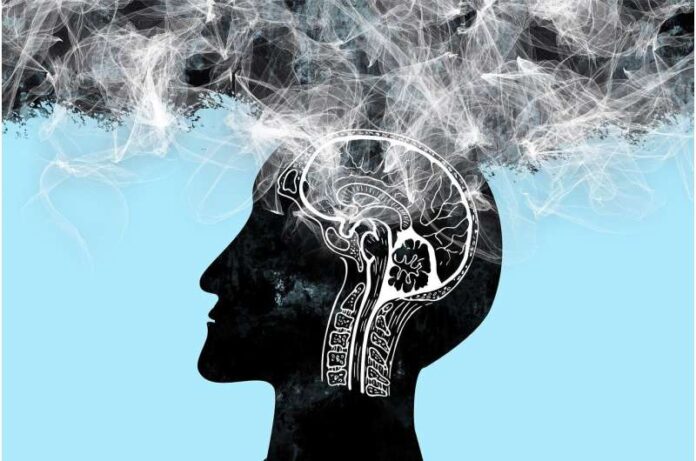The relationship between tobacco, cannabis, and mental health issues like anxiety and depression is complex and can vary from person to person. While not everyone who uses these substances will experience these mental health issues, there are several factors that can contribute to higher rates of anxiety and depression among users:
- Chemical Composition: Both tobacco and cannabis contain psychoactive compounds that can affect the brain. In cannabis, the main psychoactive compound is delta-9-tetrahydrocannabinol (THC), which can alter mood and cognition. Nicotine is the primary psychoactive compound in tobacco, and it can also have mood-altering effects. These substances can lead to temporary feelings of relaxation or euphoria, but they can also trigger anxiety and worsen depressive symptoms, especially during withdrawal.
- Dopamine Dysregulation: Both tobacco and cannabis use can lead to changes in the brain’s dopamine system. Dopamine is a neurotransmitter associated with pleasure and reward. Frequent use of these substances can disrupt the brain’s natural dopamine balance, making individuals more susceptible to mood disturbances.
- Withdrawal Symptoms: People who use tobacco and cannabis regularly can develop physical and psychological dependence. When they try to quit or reduce their use, they may experience withdrawal symptoms, which can include increased anxiety and depression. These withdrawal symptoms can make it difficult for individuals to quit, leading to a cycle of substance use that exacerbates their mental health issues.
- Co-Occurring Substance Use: It’s common for individuals to use both tobacco and cannabis together or with other substances. This polydrug use can have compounding effects on mental health. For example, alcohol and other drugs are often used alongside tobacco and cannabis, which can further increase the risk of anxiety and depression.
- Individual Differences: Not everyone who uses tobacco and cannabis will experience anxiety and depression, and individual differences play a significant role. Factors like genetics, pre-existing mental health conditions, coping strategies, and social support can all influence how a person responds to these substances.
- Environmental Factors: Social and environmental factors can also contribute to higher rates of anxiety and depression among users. Stigmatization of substance use, legal issues, and the social consequences of use can lead to increased stress and mental health problems.
- Self-Medication: Some individuals may use tobacco and cannabis as a form of self-medication to cope with underlying anxiety or depression. While these substances might provide temporary relief, they can ultimately worsen mental health issues over time.
- Long-Term Effects: Chronic use of tobacco and cannabis has been associated with cognitive impairments, memory problems, and changes in brain structure and function. These long-term effects can contribute to ongoing mental health challenges.
It’s important to note that while there is evidence linking tobacco and cannabis use to anxiety and depression, not all users will experience these problems. Some people may use these substances without apparent negative effects on their mental health. However, for those who do experience anxiety and depression in connection with tobacco and cannabis use, seeking professional help and support for quitting or managing use is crucial for improving their mental well-being. Additionally, addressing underlying mental health issues through therapy or counseling can be an important part of recovery.



